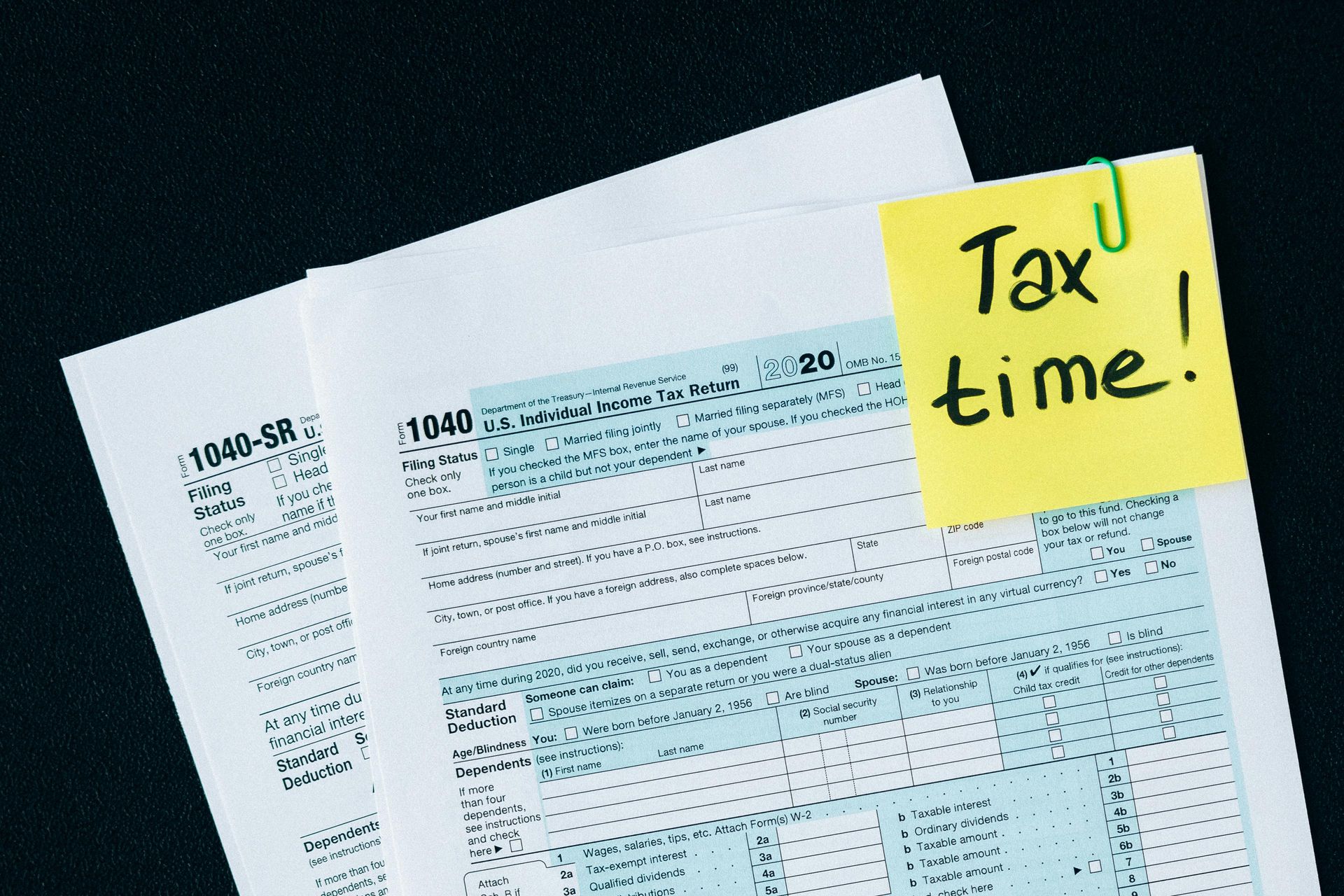What Business Owners Should Know About R&D Tax Credits
Many businesses focus on growth, innovation, and improving efficiency, but few realize that these same efforts could qualify them for valuable tax benefits. The Research and Development (R&D) Tax Credit is one of the most underused opportunities available to companies that invest time and resources into developing new products, improving processes, or creating innovative solutions. Understanding how it works and what qualifies can make a meaningful difference in your company’s financial picture.
The R&D Tax Credit was designed to encourage innovation in the United States. It rewards companies that take steps to improve products, systems, or technology. You do not need to be a large corporation or run a lab full of scientists to qualify. Many small and mid-sized businesses qualify without realizing it, especially those that create new systems, improve software, or test new materials or production methods.
Qualifying activities often include product development, software design, manufacturing improvements, or even prototype testing. The key factor is that your company invests in experimentation or technical problem-solving to make something better, faster, or more reliable. If your team works through trial and error to develop or refine a product or process, that effort could count toward the credit.
One of the most common misunderstandings is that you have to succeed for your project to qualify. In reality, the credit is based on effort, not outcome. Even projects that did not produce the expected result may still meet the eligibility requirements if they involved research or technical development.
Documentation is the most important part of claiming the R&D Tax Credit. Keeping detailed records of your projects, expenses, and results ensures that your claim can be supported if ever reviewed. This includes payroll records for employees involved in R&D, material costs, contractor invoices, and progress notes. Organized documentation also helps identify all qualifying expenses, which maximizes the credit.
For startups or growing companies, the R&D Tax Credit can be especially valuable. It can offset payroll taxes for eligible small businesses, improving cash flow and freeing up funds for continued development. For established businesses, it can directly reduce income tax liability. Either way, it rewards the time and investment you are already putting into innovation.
Working with an accounting firm experienced in R&D tax credit support is often the easiest way to confirm eligibility and handle filing correctly. A professional team can review your activities, identify qualifying expenses, and prepare the necessary documentation. They also stay current with changing tax laws, ensuring your claim is compliant and accurate.
ABC CPA Group helps businesses across industries evaluate and claim R&D tax credits properly. Their team understands how to interpret the guidelines, organize supporting data, and apply the credit in a way that aligns with your overall tax strategy. By working with experienced professionals, you avoid the risk of underclaiming or misreporting while gaining the full benefit your company is entitled to.
If your business spends time solving technical problems, testing new ideas, or improving processes, it may qualify for the R&D Tax Credit. Taking the time to explore this opportunity can strengthen your financial position and reward the innovation that keeps your company moving forward.



